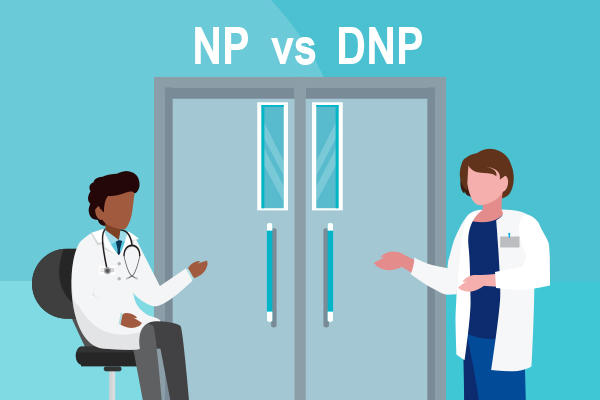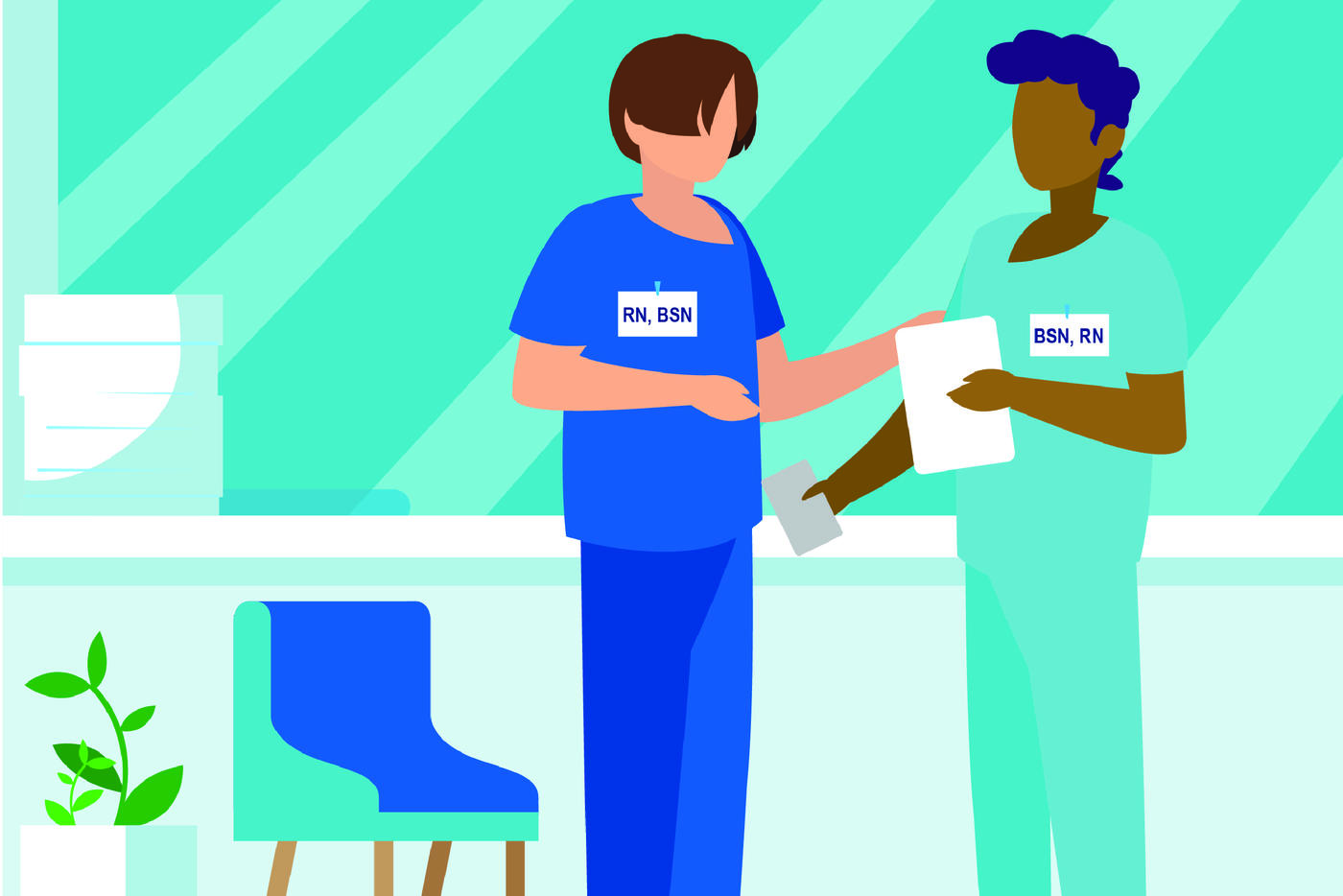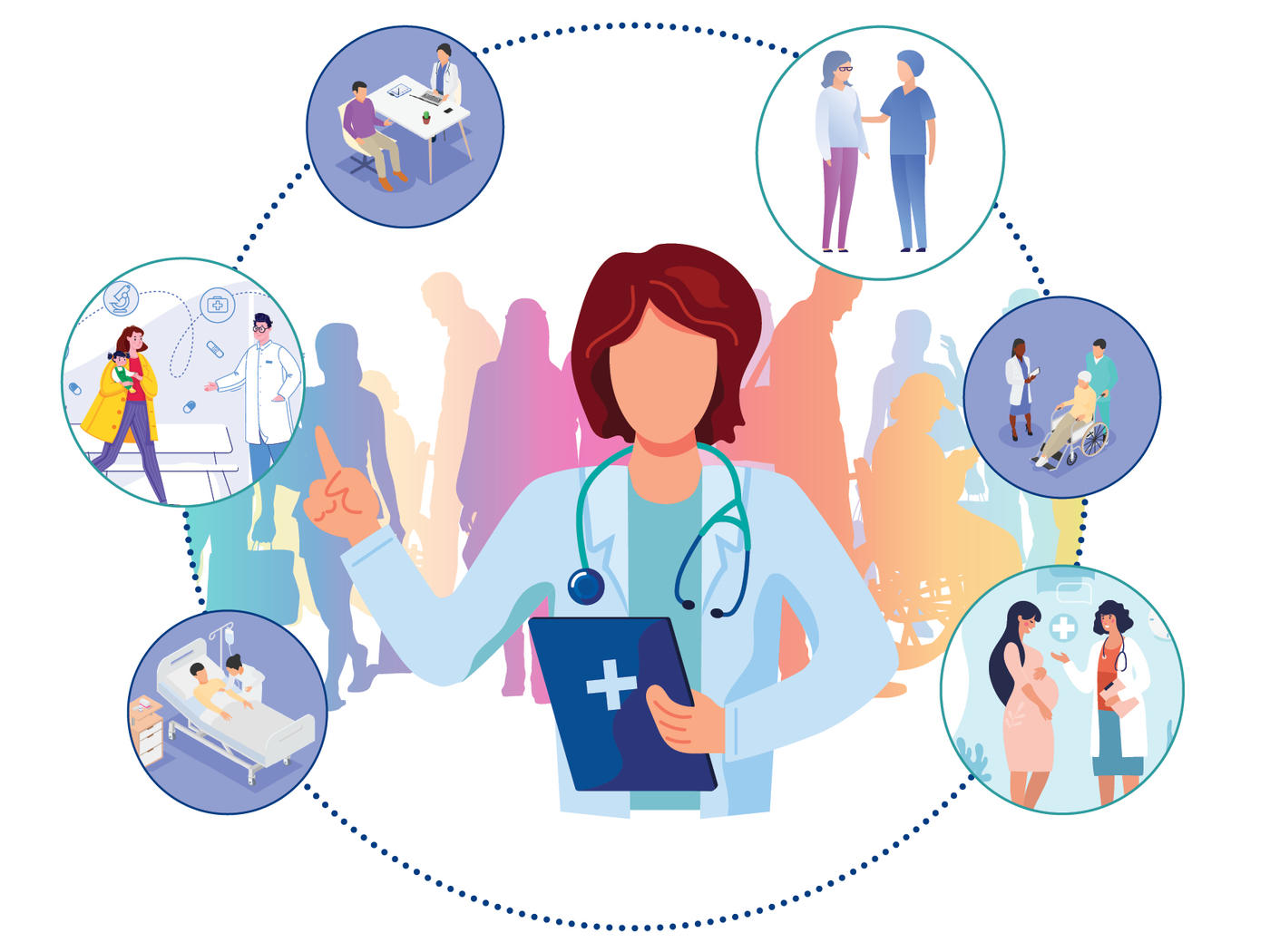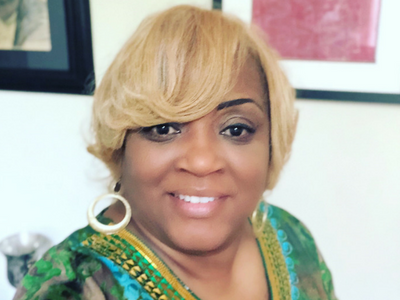Featured
Tags
Share
- Home / Blog / Nursing Today / RN to BSN and RN to MSN: Advanced Options and Specialties
RN to BSN and RN to MSN: Advanced Options and Specialties
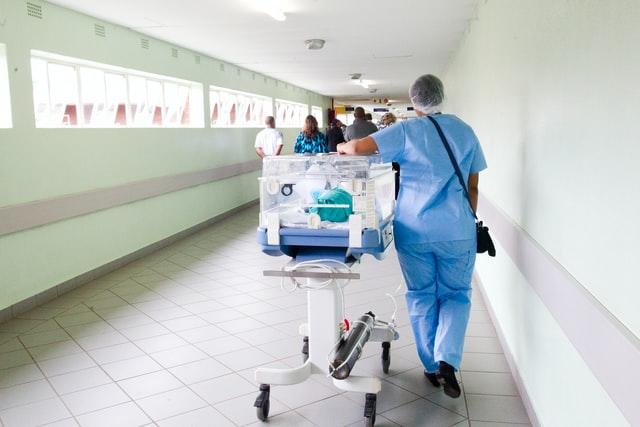
If you are a licensed registered nurse (RN), you already know about the world of nursing. You also probably know that moving on to obtain a Bachelor of Science in Nursing (BSN) degree and Master of Science in Nursing (MSN) degree may help prepare you for different types of nursing specialties and opportunities. But what BSN opportunities stand apart from typical RN specialties? What fields will open up? Becoming an RN is already a satisfying and significant achievement. Why should you further your schooling to get a BSN, or even an MSN?
The medical field—and nursing in particular—is ever-evolving and advancing. New technologies and techniques, breakthroughs in medical care and treatment, and responses to unforeseen emergencies constantly create new needs and opportunities within the medical profession. Only those ready to learn and qualified to take on new responsibilities may answer the call. Numerous new types of nursing specialties appear each year while familiar specialties evolve and grow in new directions, and many of them require RNs with a bit more on their resume: a BSN or MSN.
What is an RN to BSN?
A BSN is an academic degree that covers a broad professional nursing education. Starting from scratch, students may attain a BSN in four years (or in 3 years of full-time study). However, in Chamberlain’s RN to BSN Online Degree Completion Option, registered nurses may earn a BSN degree in as few as 12 months. RN students may complete their RN to BSN online, with 100 percent of coursework done virtually.
RN to BSN Specialties
RN to BSN expands a nurse’s education to include the development of leadership and managerial skills, as well as skills needed for new technologies, research, and the social sciences. RNs with a BSN may work as highly qualified nurses in clinics, hospitals, nursing homes, and physicians' offices, as well as in such uncommon locations as amusement parks, cruise ships, movie sets, national parks, and summer camps.
RN to BSN specialties and advanced options can include many careers including, but not limited to:
- Critical Care
- Emergency Medicine
- Epidemics Research
- Midwifery
- Nursing Informatics
- Occupational Health
- Pharmaceutical Research
- Vaccine Research
BSN specialties also include a wide range of specialized emergency care. For example, an acute care RN-BSN helps patients with critical or time-sensitive—and often chronic and life threatening—medical issues. In burn units, RN-BSNs provide emergency treatment of burns caused by chemicals, electricity, fire, hot water, or oil. A BSN may also take nurses to the neonatal intensive care unit (NICU), where they provide intensive medical care to newborn babies.
RN-BSNs may also work in community care, where they work closely with social services, provide wellness checks to groups of people, and offer assistance to pregnant women, senior citizens, the homeless, the disabled, or people suffering from addiction. RN-BSNs may also specialize in caring for children (pediatrics) or the elderly (geriatrics). Whatever the type of care, an RN-BSN helps patients through their medical expertise as well as emotional support. The options are many, and whether you go to classes in person or follow the RN to BSN online route, you will be qualified and ready to explore whatever nursing opportunity you wish to follow.
It is important to note that employers show a strong preference for nurses with a BSN. The most recent survey done by the American Association of Colleges of Nursing (AANC) shows that 41.1 percent of hospitals and other healthcare settings require new hires to have a BSN, while 82.4 percent of employers express a strong preference for BSN program graduates. An ever-growing body of evidence shows that BSN graduates bring unique skills to their work as nursing clinicians and play an important role in the delivery of safe patient care.
The RN to BSN degree option helps more than your practice, too: it leads to better patient outcomes. Reports and studies done by the AANC, the Carnegie Foundation for the Advancement of Teaching, and the National Academy Of Medicine clearly link nursing education level to enhanced patient outcomes. According to an article published in Health Affairs, the leading journal of health policy thought and research, an increase in BSN-qualified nurses leads to significant reductions in patient mortality rates and failures to rescue, as well as in reduced hospital stays and costs.
How can RN’s earn their MSN?
For many nurses, obtaining a BSN may be just the beginning. RNs who are looking to advance their education can consider an RN to BSN to Master of Science in Nursing (MSN) program option at Chamberlain.
MSN Specializations
Once you complete the RN to BSN curriculum and move into the MSN curriculum, you will choose an MSN specialty track. MSN specialization tracks include:
- Adult-Gerontology Nurse Practitioner
- Educator
- Executive
- Family Nurse Practitioner
- Healthcare Policy
- Informatics
- Population health
Chamberlain also offers an accelerated RN to MSN Option, as well as an accelerated RN-MSN with Clinical Nursing Leadership Option. These fast-track options bypass the BSN and lead to an advanced master’s degree.
Your passion for helping others has fueled your desire to be a nurse. Invest in your future, advance your abilities and education—as well as your career options and specializations—and apply to Chamberlain's RN to BSN program option or choose from RN-BSN to MSN or Accelerated RN-MSN options.
Need more information? We can help you with your application process.
Related resources:
By Chamberlain University
More from Nursing Today
Request More Information
To receive the Chamberlain University Program Guide, including associated career paths, please select a program of study.




